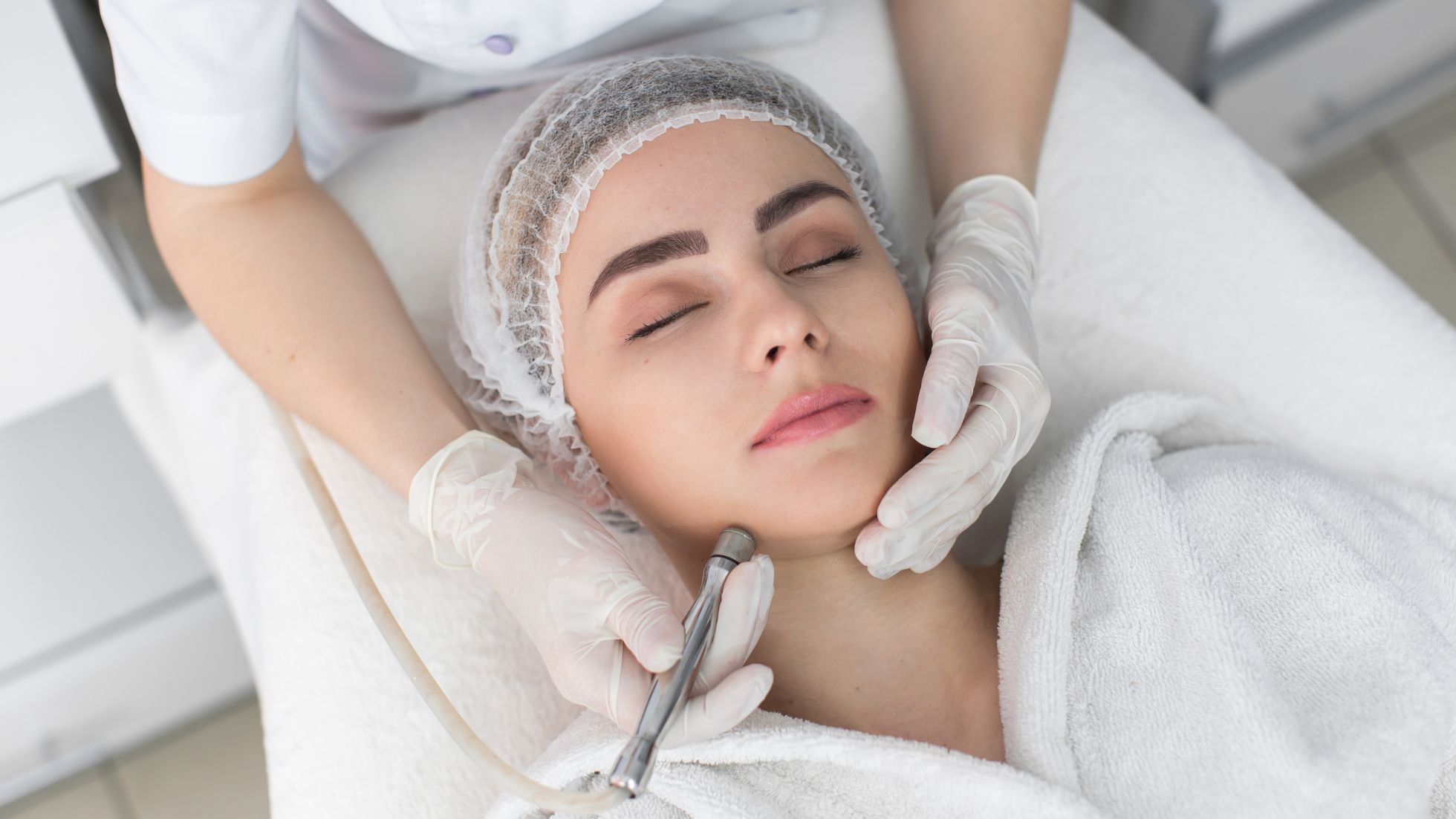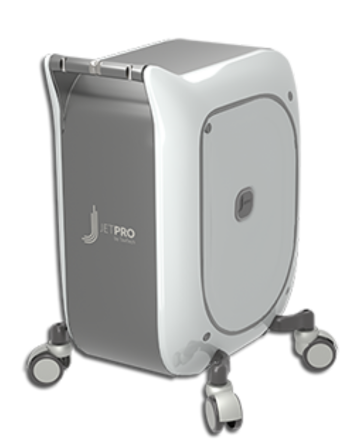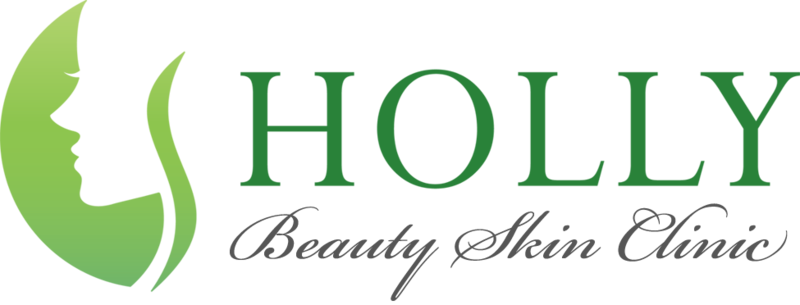Acne is a skin condition that occurs when hair follicles become clogged with oil and dead skin cells. This blockage can lead to the formation of pimples, blackheads, whiteheads, and sometimes deeper lumps like cysts and nodules. Acne is most common among teenagers, though it affects people of all ages. Various factors contribute to its development, including hormonal changes, diet, stress, and the use of certain medications. Acne can appear on the face, forehead, chest, shoulders, and upper back, areas of the skin with the most sebaceous (oil) glands. While acne can be distressing and may cause scarring, there are effective treatments available that can help manage the condition and reduce its impact on the skin’s appearance.

How do we treat acne?
Our Acne Treatment approach is tailored to each individual’s skin type and the severity of their acne, ensuring effective and targeted solutions. Here’s a brief overview of how the treatment process works:
- Personalized Skin Assessment: The treatment journey begins with a thorough skin analysis conducted by our skincare professionals. This step allows us to understand the specific type and severity of acne, as well as any underlying causes, to tailor the treatment plan effectively.
- Customized Treatment Plan: Based on the assessment, a customized treatment plan is developed. This may include a combination of in-clinic procedures and at-home care recommendations to address both the symptoms and root causes of acne.
- In-Clinic Procedures: Depending on the individual case, in-clinic treatments may involve deep cleansing facials, chemical peels, or light therapy. These procedures are designed to unclog pores, reduce oil production, eliminate acne-causing bacteria, and promote skin healing.
- Topical and Oral Medications: For some clients, topical treatments or oral medications may be prescribed as part of their treatment plan. These can include retinoids, antibiotics, or other acne-fighting agents to help clear the skin and prevent future breakouts.
- Ongoing Support and Adjustments: Acne treatment is an ongoing process. Our team provides continuous support, monitoring progress, and making any necessary adjustments to the treatment plan to ensure the best possible outcomes.
- Education on Skincare and Lifestyle: Clients receive advice on proper skincare routines and lifestyle changes that can support their treatment, such as dietary adjustments, stress management, and selecting non-comedogenic makeup and skincare products.
Our way

Who does acne affect?
At some stage in their lives, nearly everyone will experience acne. It predominantly affects adolescents and young adults due to hormonal fluctuations, though adults, particularly women and individuals assigned female at birth (AFAB), can also suffer from acne. Genetic factors play a role as well, with a higher likelihood of experiencing acne if there is a family history of the condition.
How can I prevent acne?
Personalized Consultation and Care
We believe that each client’s skin is unique, and so should be their treatment. Our personalized consultation process involves an in-depth analysis of your skin, followed by expert advice on the best treatment options. Our specialists are not just skilled professionals but also compassionate listeners, ensuring that your concerns are addressed, and your needs are met.
What skin types?
Most skin types can benefit from facial peeling, but a professional assessment is necessary to choose the right type of peel.
How often?
The frequency varies, but generally, light peels can be done monthly, and deeper peels at longer intervals.
recovery period
Expect mild redness and flaking for light peels, and more pronounced effects for deeper peels, with detailed aftercare instructions provided.
long-term benefits
Regular peeling can reduce signs of aging, improve skin texture, and enhance overall skin health.
help with acne scars and hyperpigmentation
It can reduce the appearance of acne scars and hyperpigmentation, depending on the peel type and skin condition.
Making an Informed Decision about Facial Peeling
What is the conclusion?
